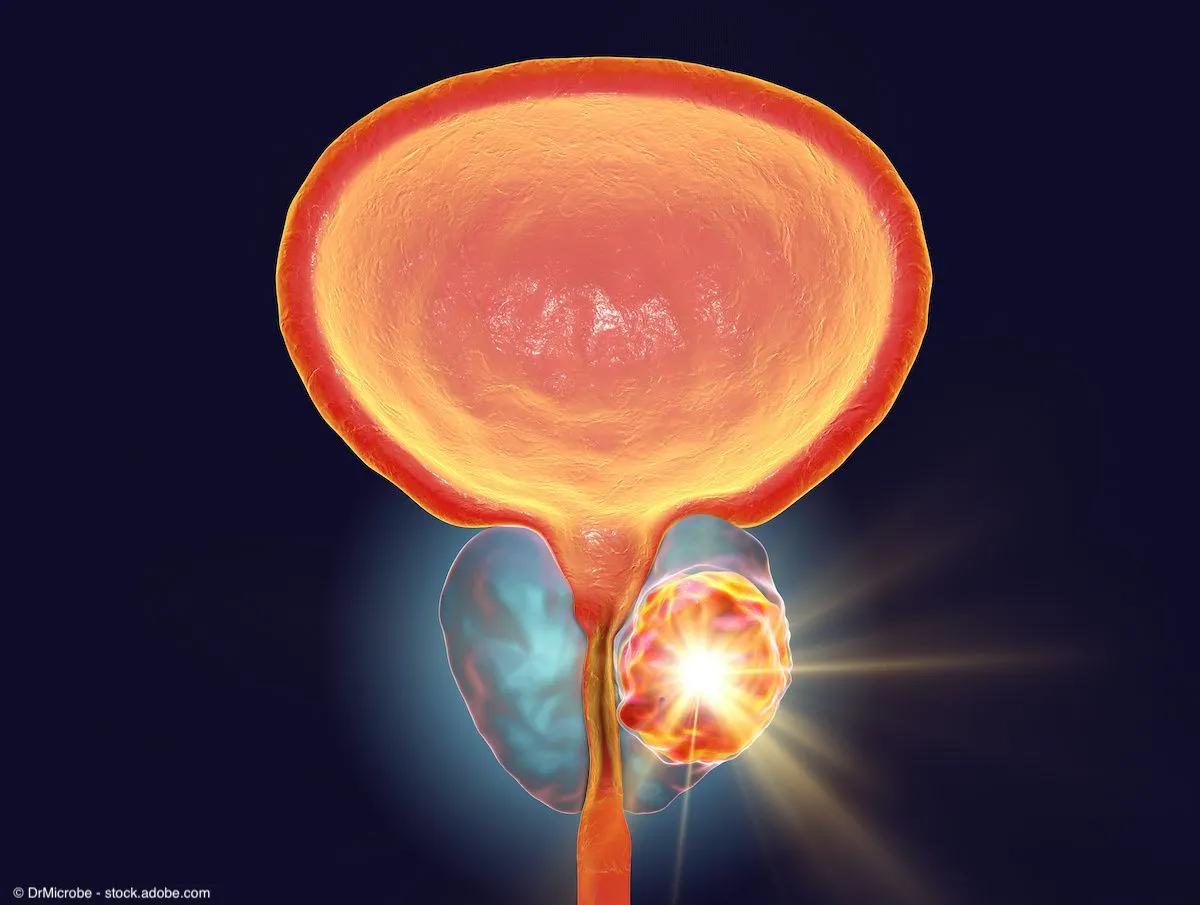Study suggests AI can improve detection of extraprostatic extension on MRI
“Image quality assessment AI could be intergraded into radiologist clinical workflow to improve prostate cancer imaging,” suggested lead study author Yue Lin and colleagues.

A recent retrospective suggests that using artificial intelligence (AI) to differentiate between diagnostic and non-diagnostic prostate magnetic resonance imaging (MRI) may significantly improve the detection of extraprostatic extension (EPE).1
The study, which was presented at the Radiological Society of North America (RSNA) conference, included data from 812 patients (median age, 62) who had multiparametric MRI (mpMRI) and a subsequent radical prostatectomy. Using a validated grading system for EPE on MRI, the study authors considered an EPE grade of 1 or above to be positive for EPE.
The researchers found that only 41% of positive EPE diagnoses on mpMRI led to confirmed EPE.
When utilizing an AI algorithm to help discern image quality for T2 weighted imaging (T2WI) and apparent diffusion coefficient (ADC) maps, the researchers determined that 35% of the T2WI sequences (284 out of 812) and 32% of the ADC maps (260 out of 812) were non-diagnostic.
After comparing non-diagnostic and diagnostic T2WI scans, the researchers found that diagnostic quality T2WI scans had a 10% higher specificity rate (73% vs 63%) and a 7% lower false positive rate (21% vs 28%) for EPE.
“Our study successfully employed a deep learning-based AI algorithm to classify image quality of prostate MRI and demonstrated that preoperative T2WI quality is crucial for accurate EPE evaluation,” wrote lead study author Yue Lin, BA, a MRSP scholar at the National Institutes of Health (NIH), and colleagues.
The study authors noted that utilizing AI to ascertain T2WI MRI quality may facilitate enhanced decision-making for patients with prostate cancer.
“Image quality assessment AI could be intergraded into radiologist clinical workflow to improve prostate cancer imaging,” suggested Lin and colleagues.
Reference
1. Lin Y. Impact of Image Quality on Detection of Extraprostatic Extension on MRI: Evaluation with a Deep Learning-based AI Algorithm. Presented at: 2023 RSNA Annual Meeting. November 26-29, 2023. Chicago, IL. Abstract W2-SPGU-1.
Dr. Schuster highlights the FDA approval of imaging agent flotufolastat F 18 in prostate cancer
June 22nd 2023"We're excited that the FDA approval of this radiotracer gives us yet more tools at our disposal to diagnose prostate cancer in all its forms, from early to late in the disease process," says David M. Schuster, MD, FACR.
Study shows 177Lu-PSMA-617 is noninferior to cabazitaxel in post-chemo mCRPC
January 3rd 2024Data from the phase 2 TheraP trial showed that 177Lu-PSMA-617 induced comparable overall survival outcomes as cabazitaxel in patients with metastatic castration-resistant prostate cancer who progressed after receiving docetaxel.
